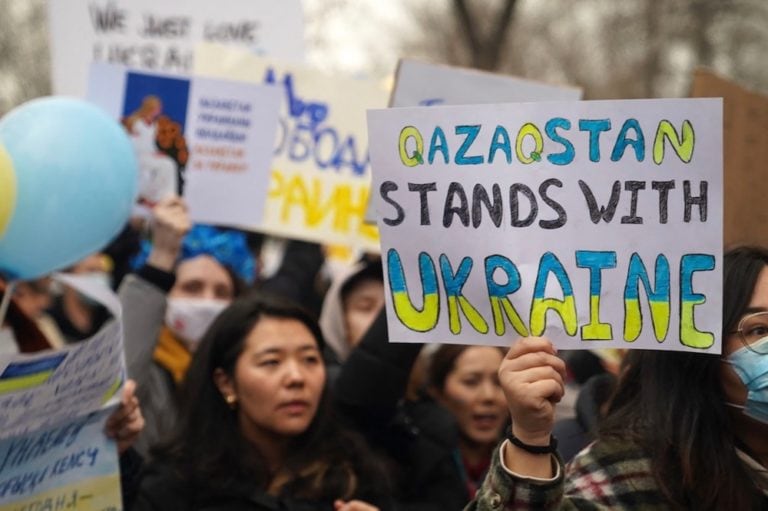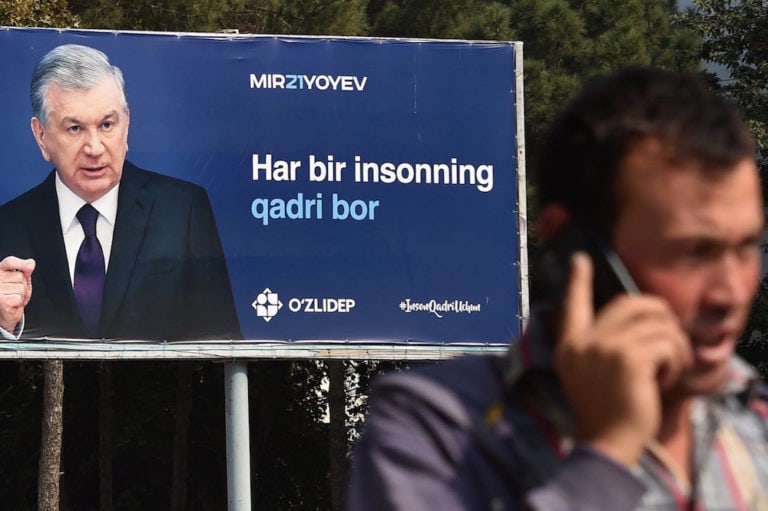(CPJ/IFEX) – The following is a 17 January 2002 CPJ press release: UZBEK JOURNALIST FREED New York, January 17, 2002-Shodi Mardiev, the Uzbek radio reporter who was sentenced in 1998 to an 11-year prison term for defamation and extortion, was released under an amnesty earlier this month, according to local and international sources. The journalist’s […]
(CPJ/IFEX) – The following is a 17 January 2002 CPJ press release:
UZBEK JOURNALIST FREED
New York, January 17, 2002-Shodi Mardiev, the Uzbek radio reporter who was sentenced in 1998 to an 11-year prison term for defamation and extortion, was released under an amnesty earlier this month, according to local and international sources.
The journalist’s lawyer, Khakim Bobonorov, who met with Mardiev shortly after his release, told CPJ in a telephone interview that the 63-year-old journalist was in good spirits. Bobonorov cautioned, however, that Mardiev is in poor health as a result of his incarceration.
“Shodi Mardiev should never have been jailed in the first place, but we are pleased that he has regained his freedom,” said CPJ executive director Ann Cooper.
Mardiev was released under an August 22, 2001 presidential amnesty marking the 10th anniversary of the independence of the former Soviet republic. Human rights advocates in the capital, Tashkent, say an estimated 18,000 ordinary prisoners were released under the decree, along with 700 religious and political detainees. Mardiev was eligible for early release because he is over 60 and had already served a portion of his sentence.
The journalist’s health has been greatly damaged as a result of his ordeal. Shortly after his arrest in November 1997, he suffered two brain haemorrhages while in a pre-trial detention center. He was hospitalized twice in 1999 for a heart condition, and experienced pain and difficulty in walking. His condition deteriorated in the facility where he served most of his sentence, a penal colony that is notorious for its inhumane treatment of prisoners.
Background Information
On June 11, 1998, a Samarkand court sentenced Mardiev, a reporter with the local state-run station, to 11 years in prison. He was found guilty of slandering an official in a program satirizing the alleged corruption of the Samarkand deputy prosecutor, and of attempting to extort money from him. CPJ believes the prosecution and prison term were in reprisal for the journalist’s critical stance toward government officials.
During Mardiev’s incarceration, CPJ sent several letters to Uzbek President Islam Karimov, protesting Mardiev’s jailing, and that of two other journalists. CPJ also raised the plight of the imprisoned journalists at hearings on human rights in Washington D.C. in April 2000 and July 2001.


